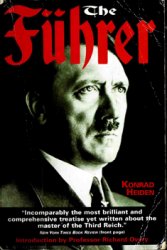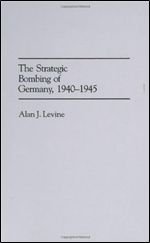In his first inaugural address Jefferson laid down his political philosophy in his own words, written in his own hand. There were no "speechwriters" in Jefferson's time. The following excerpts from Jefferson's first inaugural capture not only his thinking, but they represent a near perfect embodiment of the ideals of the Enlightenment, of which he was a product.
If there be any among us who would wish to dissolve this Union or to change its republican form, let them stand undisturbed as monuments of the safety with which error of opinion may be tolerated where reason is left free to combat it.
He summarized his political philosophy as follows:
Equal and exact justice to all men peace, commerce, and honest friendship, with all nations—entangling alliances with none; the support of the state governments in all their rights, _; the preservation of the general government in its whole constitutional vigor, as the sheet anchor of our peace at home and safety abroad; a jealous care of the right of election by the people; absolute acquiescence in the decisions of the majority _; a well-disciplined militia—our best reliance in peace and for the first moments of war, till regulars may relieve them; the supremacy of the civil over the military authority; economy in the public expense, _ ; the honest payment of our debts and sacred preservation of the public faith; encouragement of agriculture, and of commerce as its handmaid; _ freedom of religion; freedom of the press; freedom of person under the protection of the habeas corpus; and trial by juries impartially selected.
Jefferson was known for what has been called a "pell-mell" style, in that he stepped back from the more formal practices of Washington and Adams. In keeping with his basic republican principles, he favored informality in the White House. He got rid of the coach and six that Washington and Adams had used, and at dinner he sat people randomly around the table rather than in order of rank. His informality of dress surprised many, especially foreign diplomats used to the grandeur of European courts.30
Also in keeping with his idea of minimal government Jefferson asked Congress to repeal the federal excise taxes on whiskey and cut military spending. His attitude toward military matters bordered on pacifism (he had not fought during the Revolution) and he has been criticized for allowing the U. S. military to slip to the point where the country could scarcely defend its own national waters. This weak military establishment invited abuse of America's rights as a neutral nation as the European powers waged terrible wars. His purpose was a frugal government, an admirable goal, but some saw the reduction of military expenditures as dangerous.
Jefferson regarded a large federal deficit (debt) as dangerous to republican government. He viewed large military expenditures as dangerous and likely to provoke hostilities. He cut federal expenses, mostly through reductions in military spending. Reduction of the army had the further benefit of removing a threat to Republican government, as he saw it; standing armies were still very unpopular. He saw the repeal of the whiskey taxes by Congress as a way of reducing the hand of government on the people.
Jefferson was hounded by Republicans for political offices, but he gave jobs only to those he thought competent, no matter what their party. He did not fire Federalists because of their party affiliation, but many retired. Some, who saw where things were going politically, like John Quincy Adams, became Republicans.




 World History
World History









